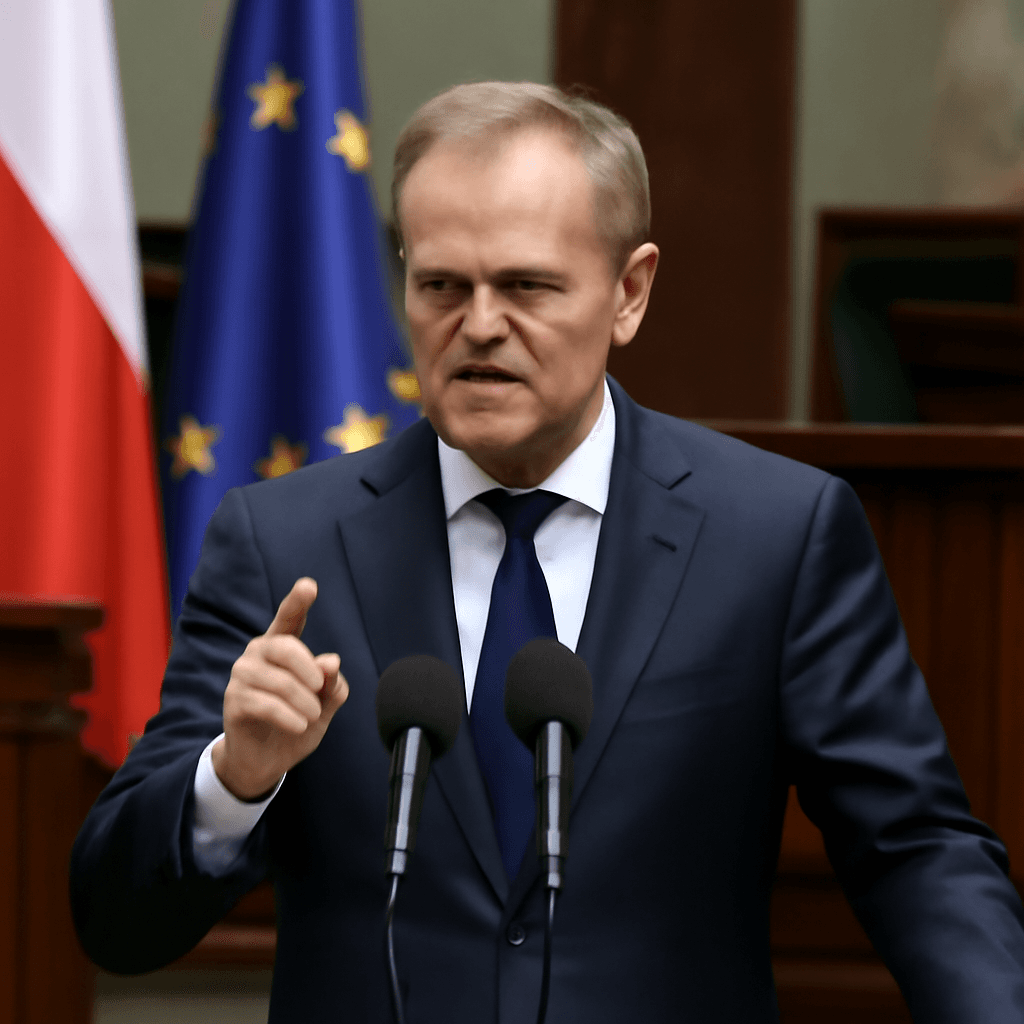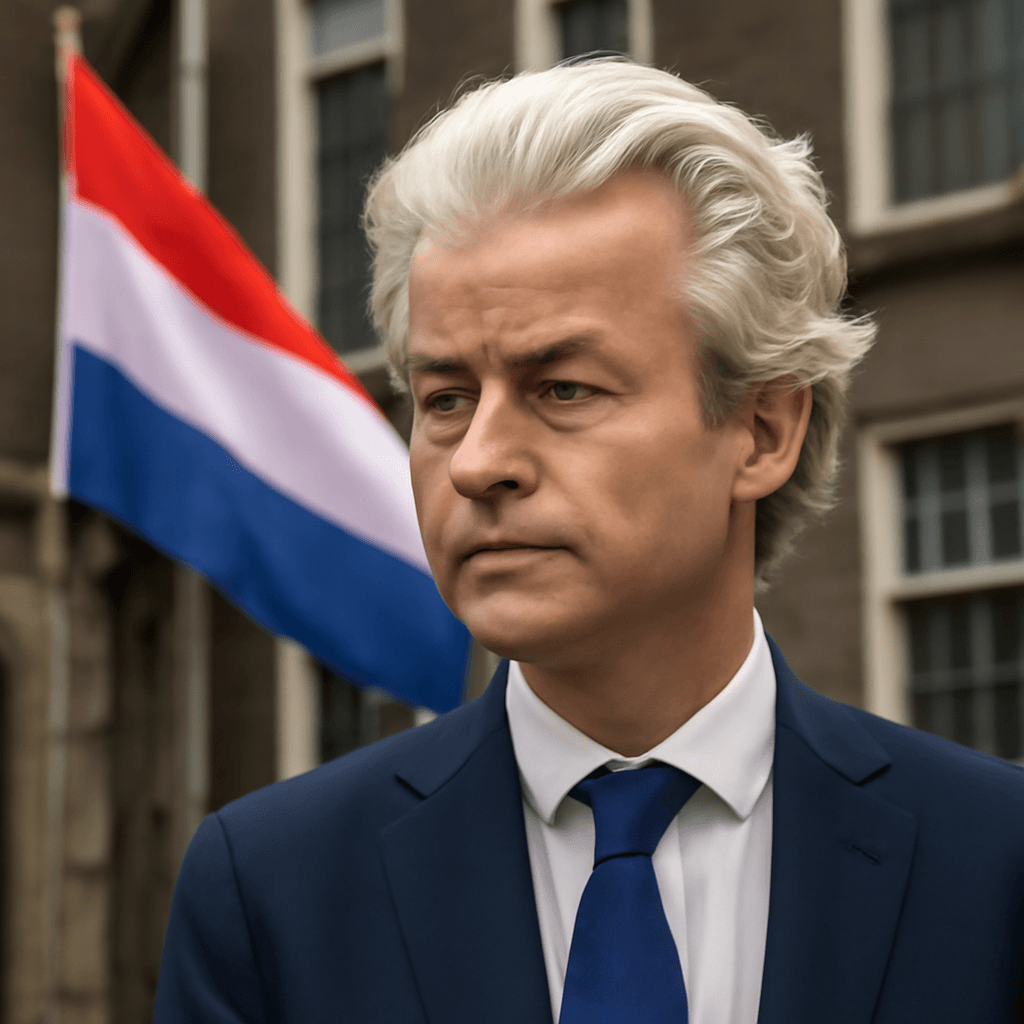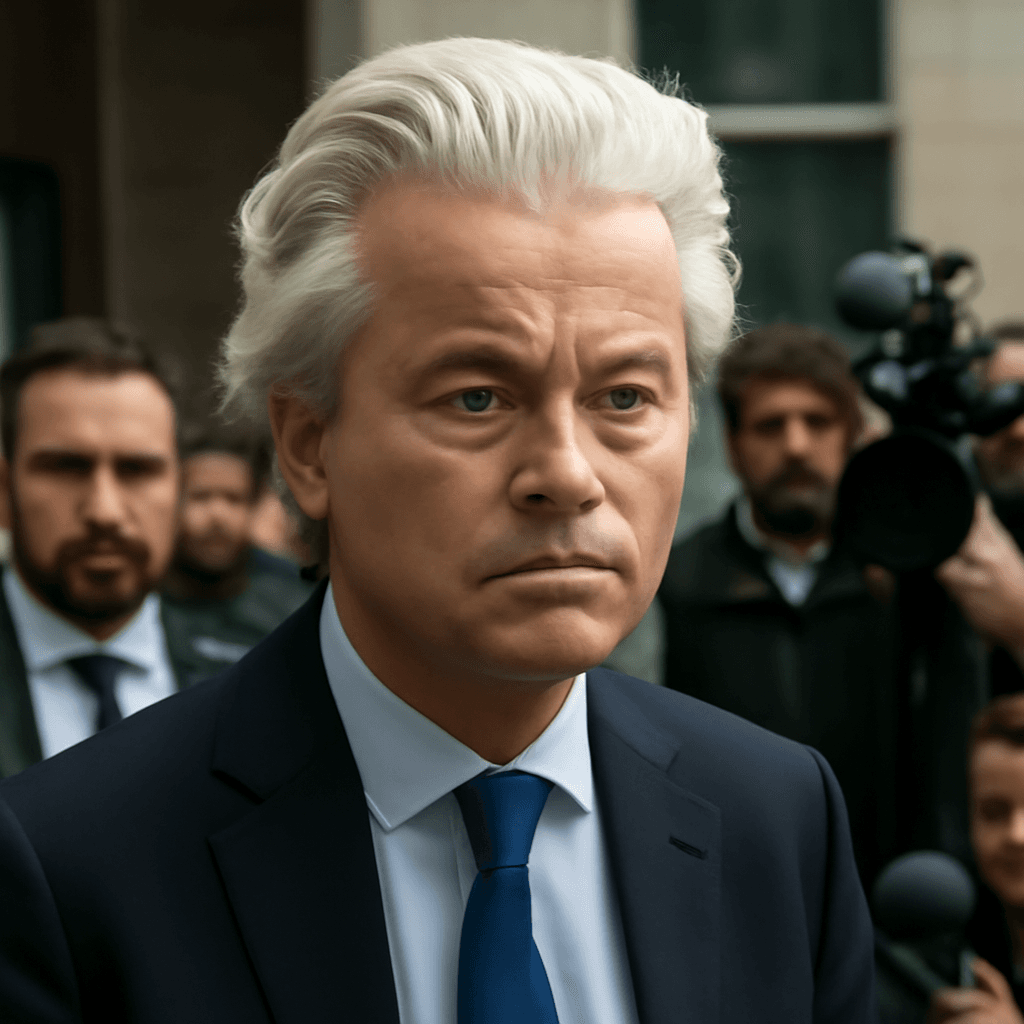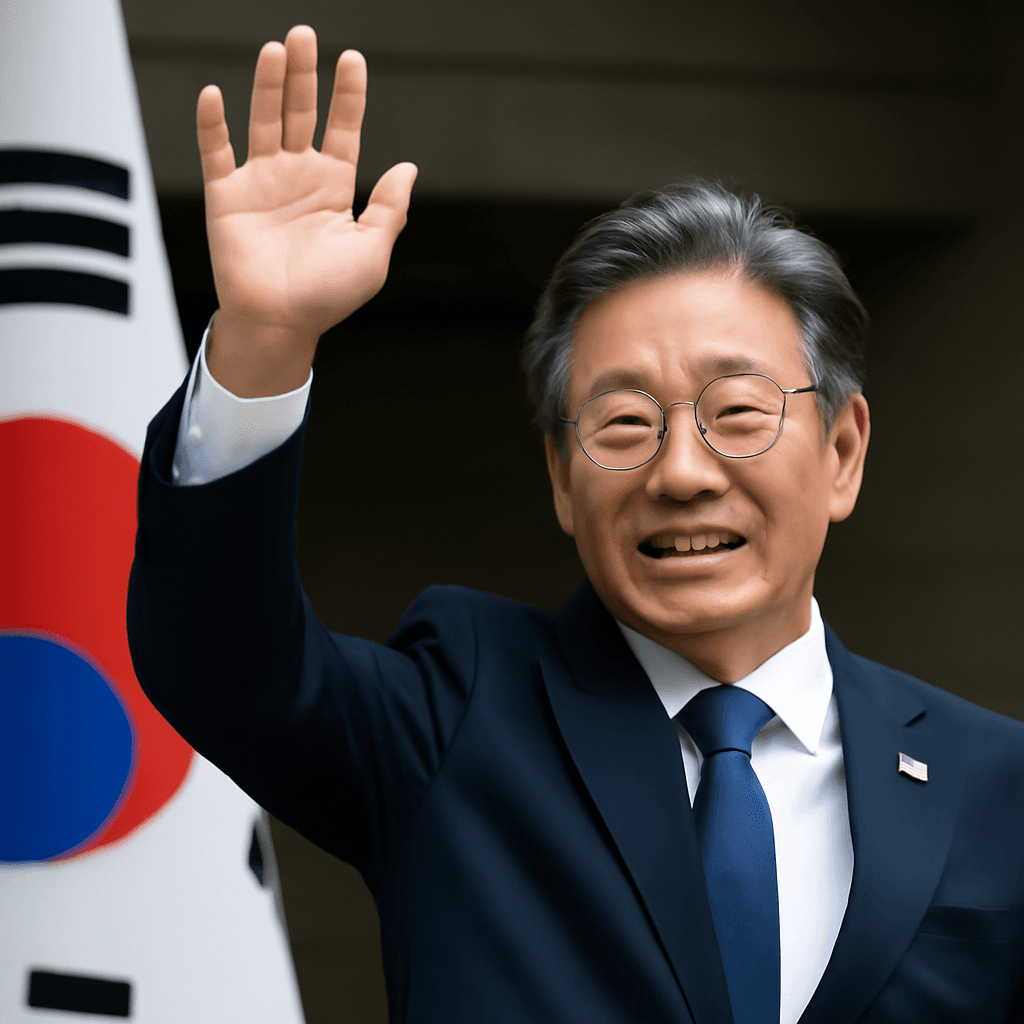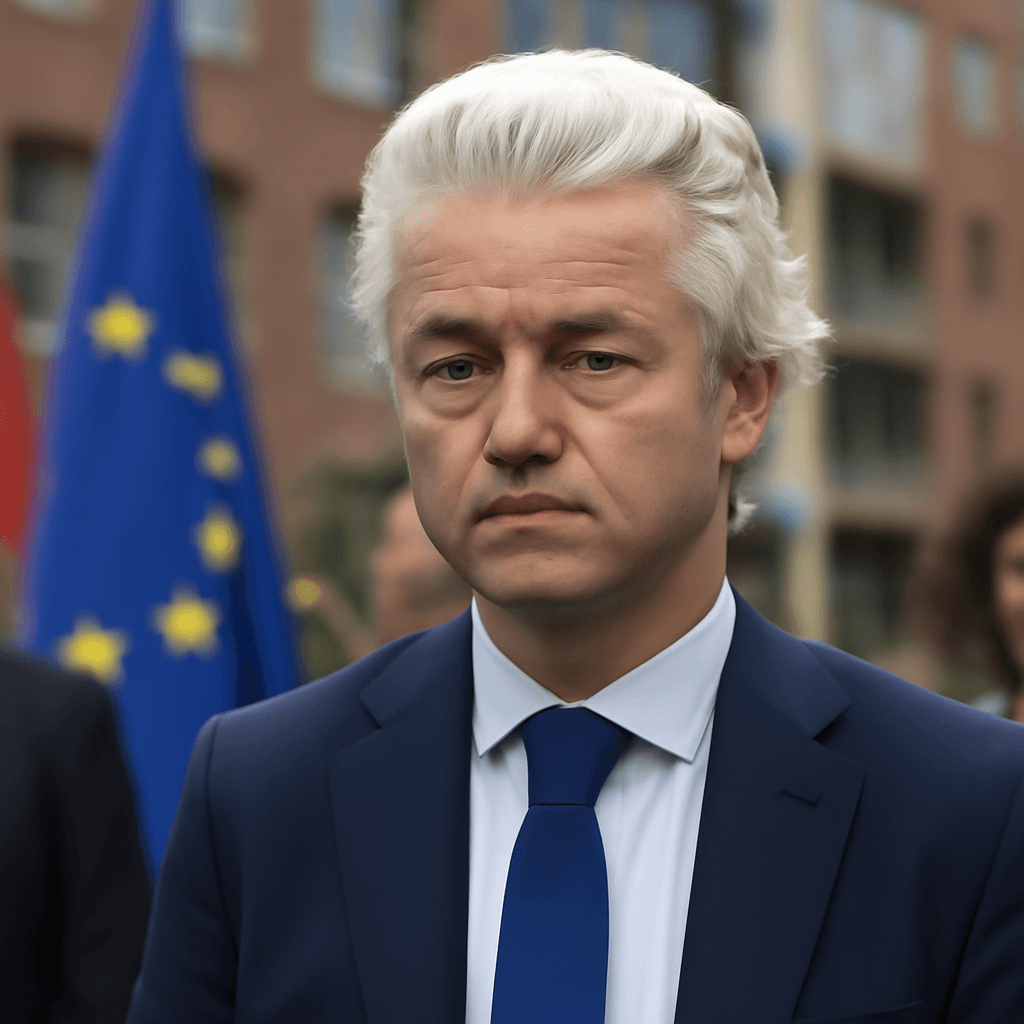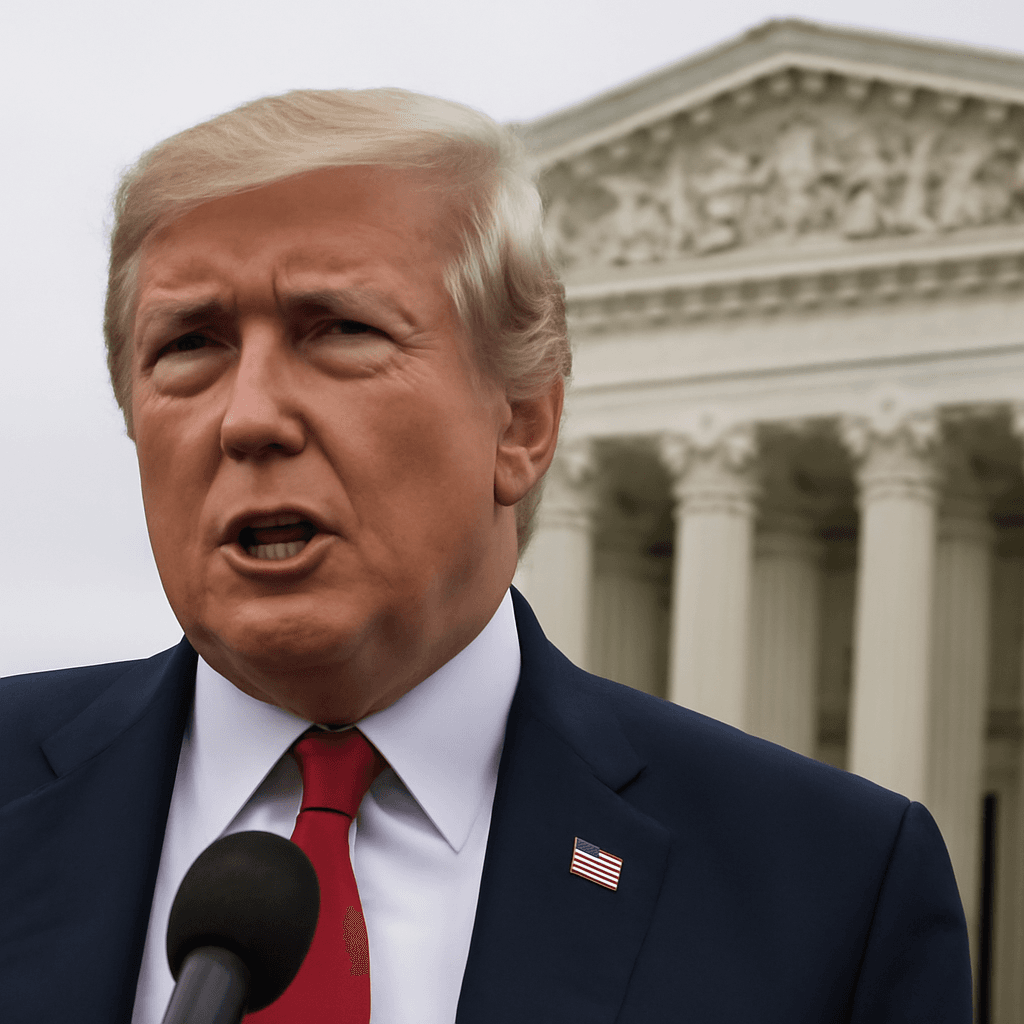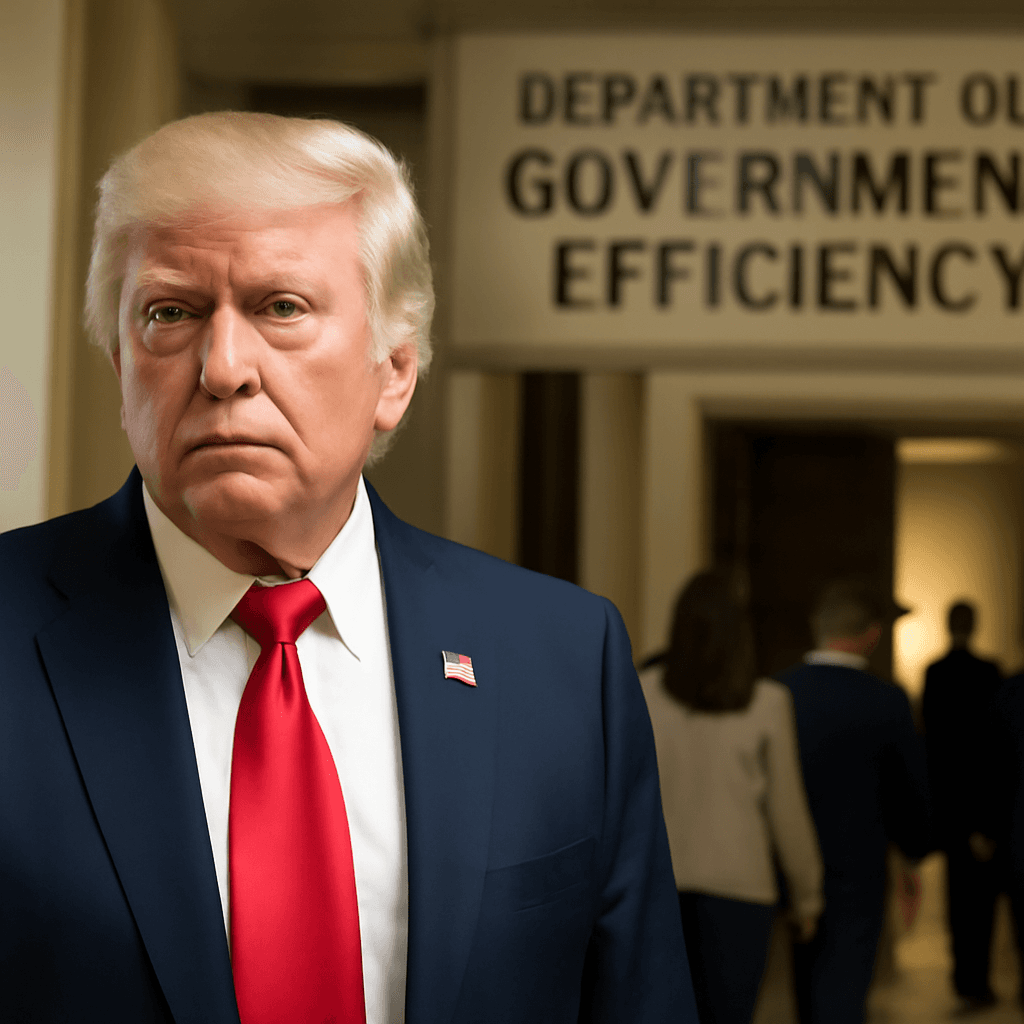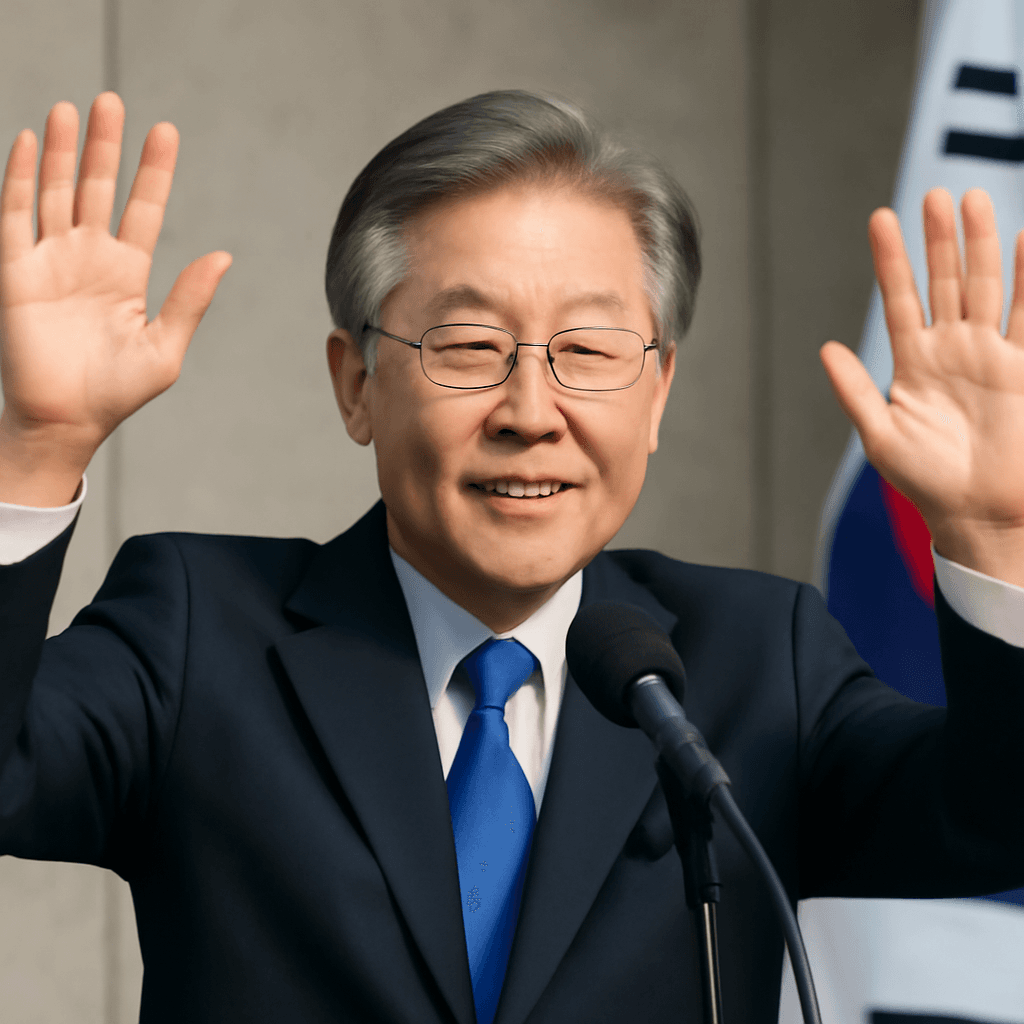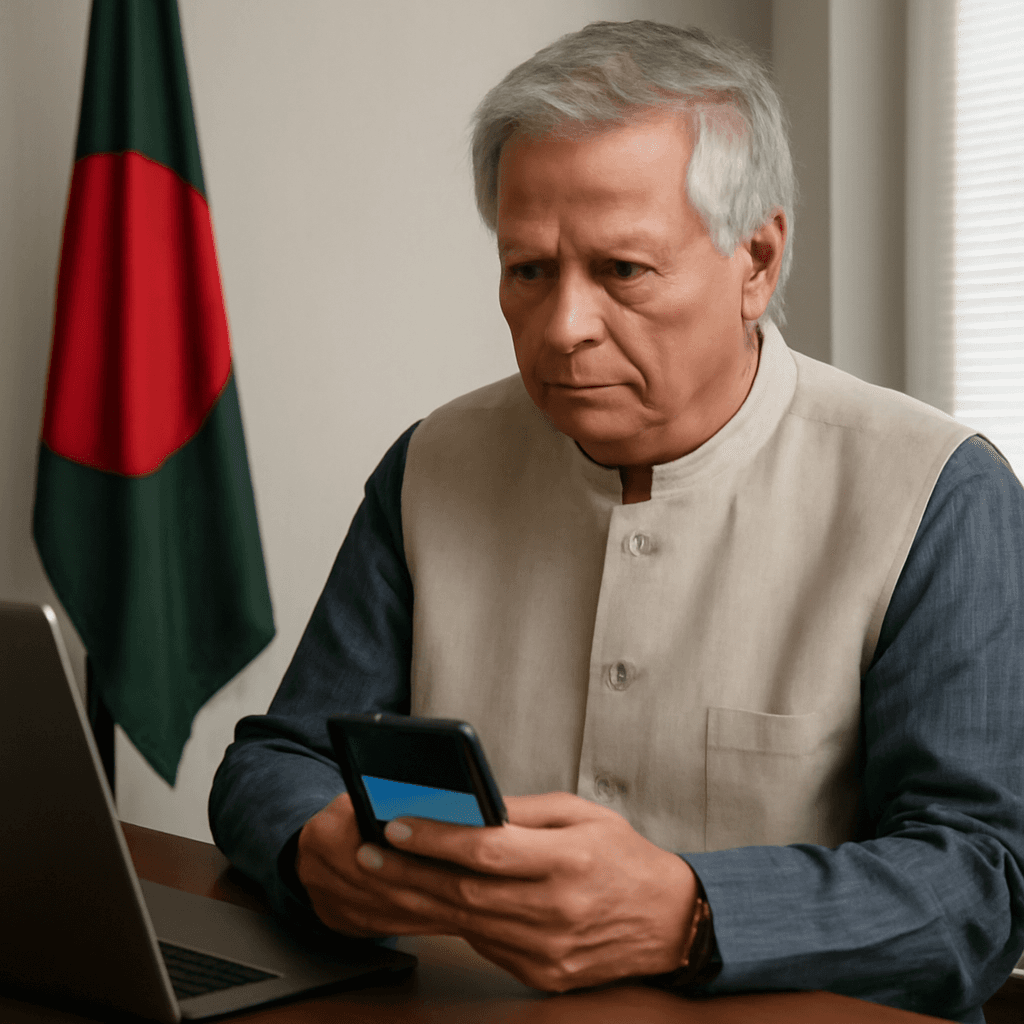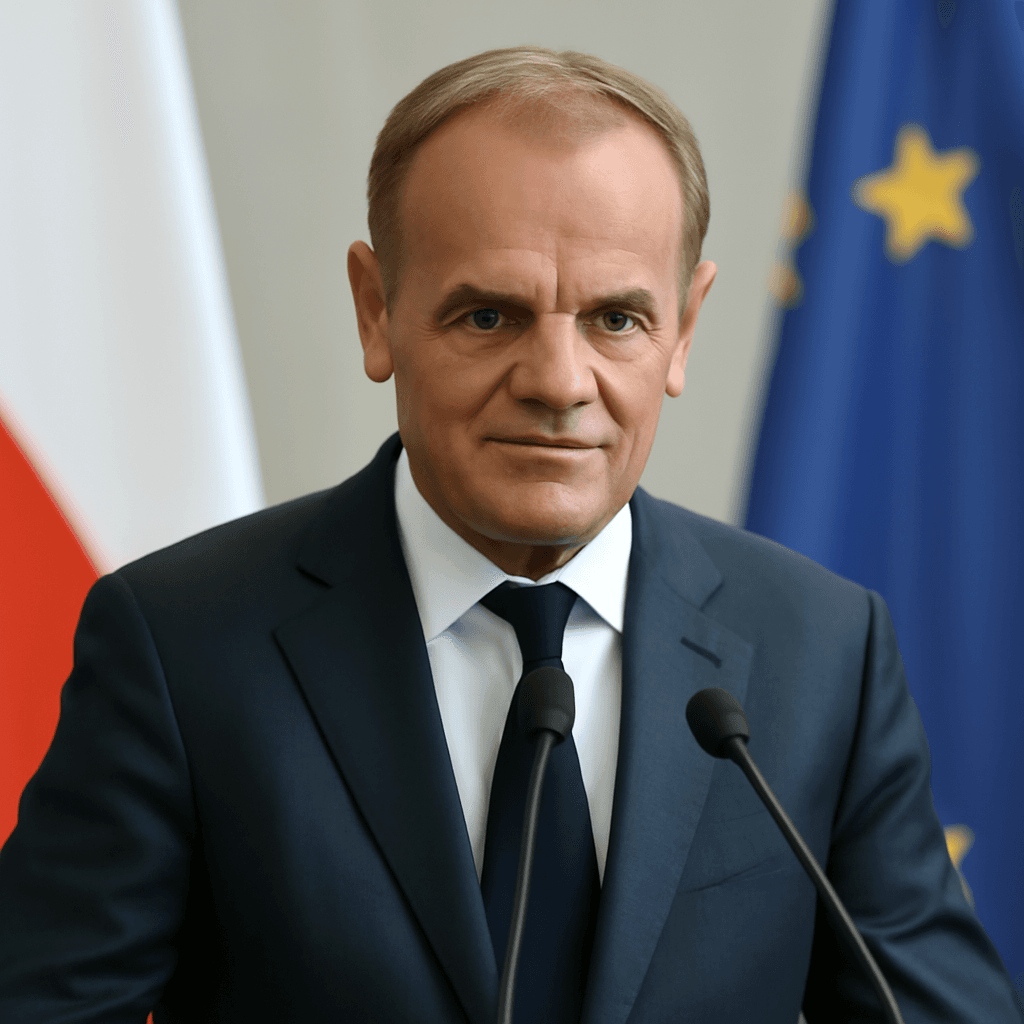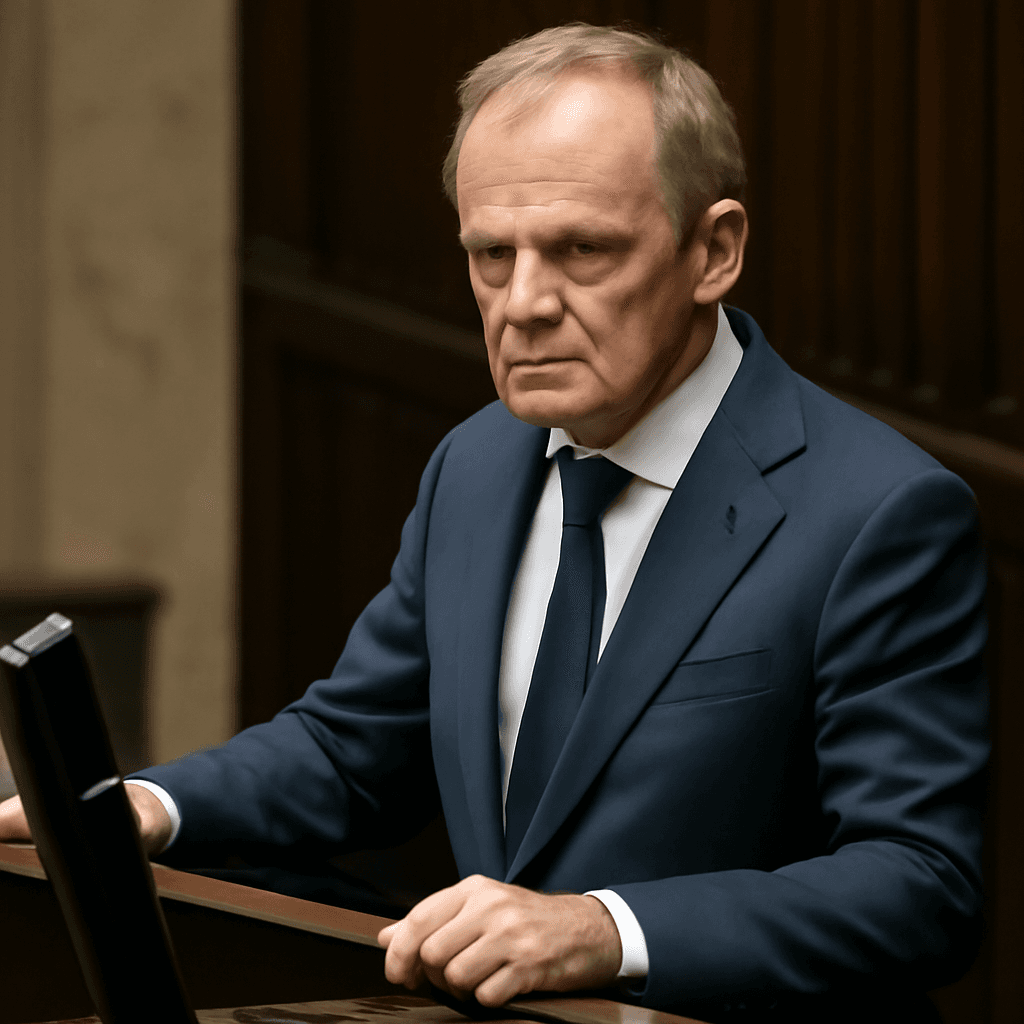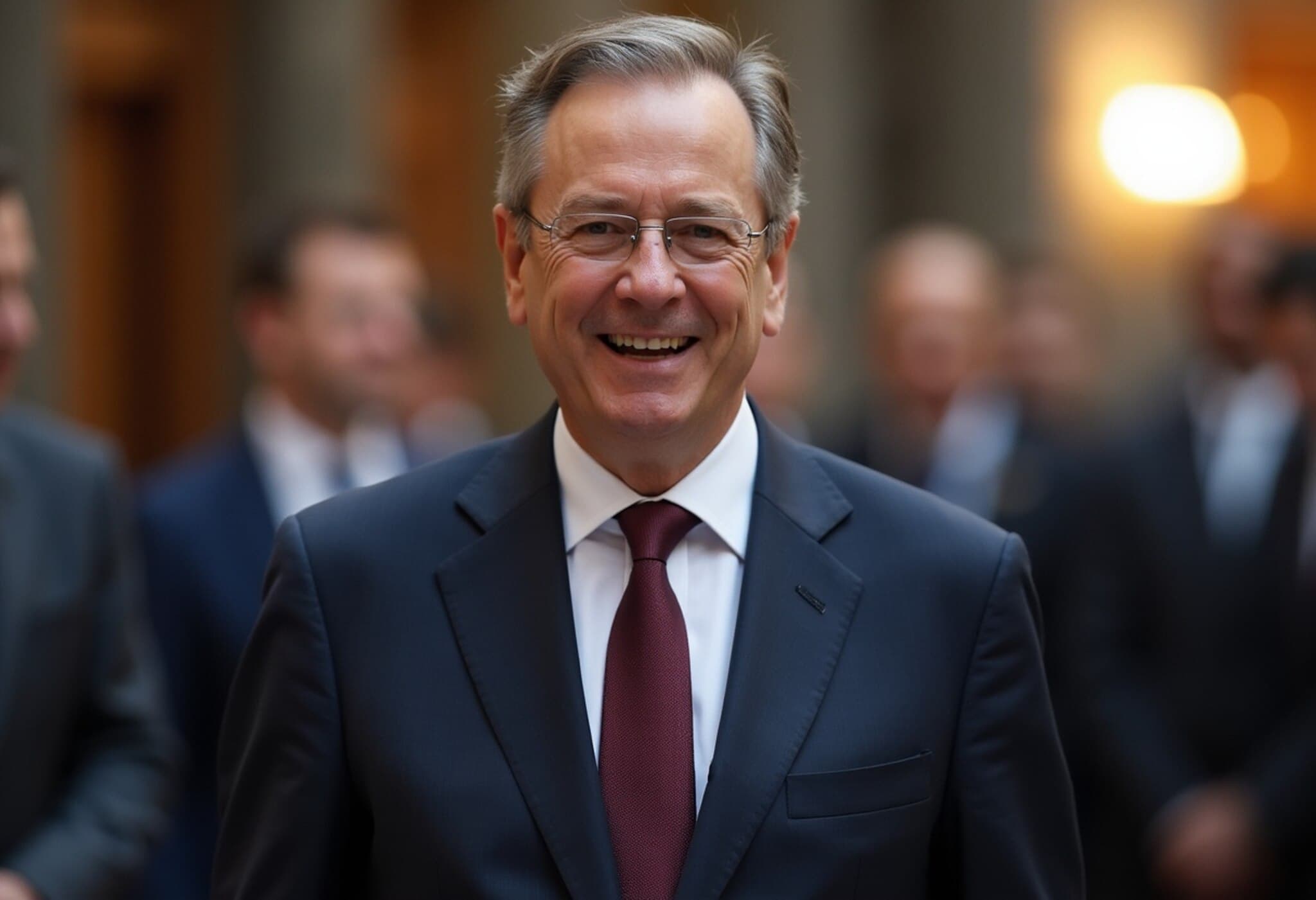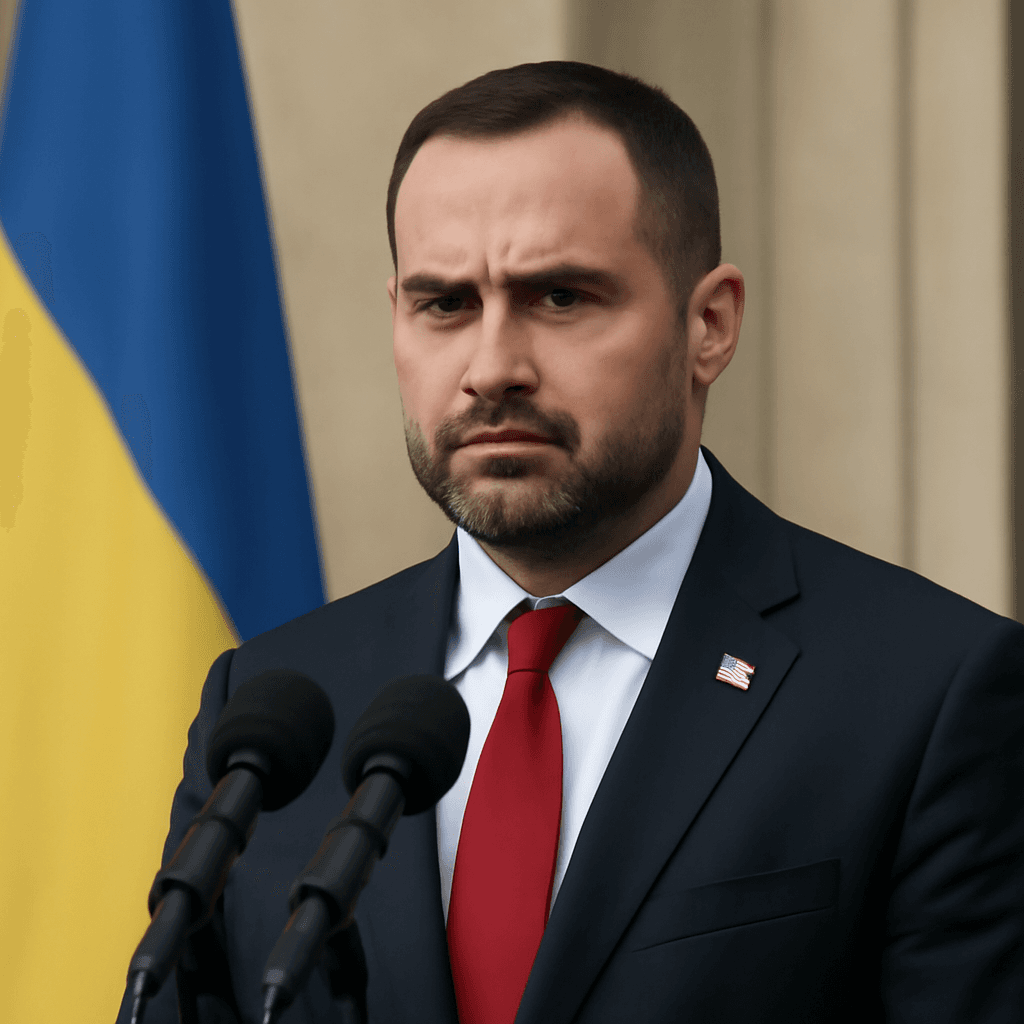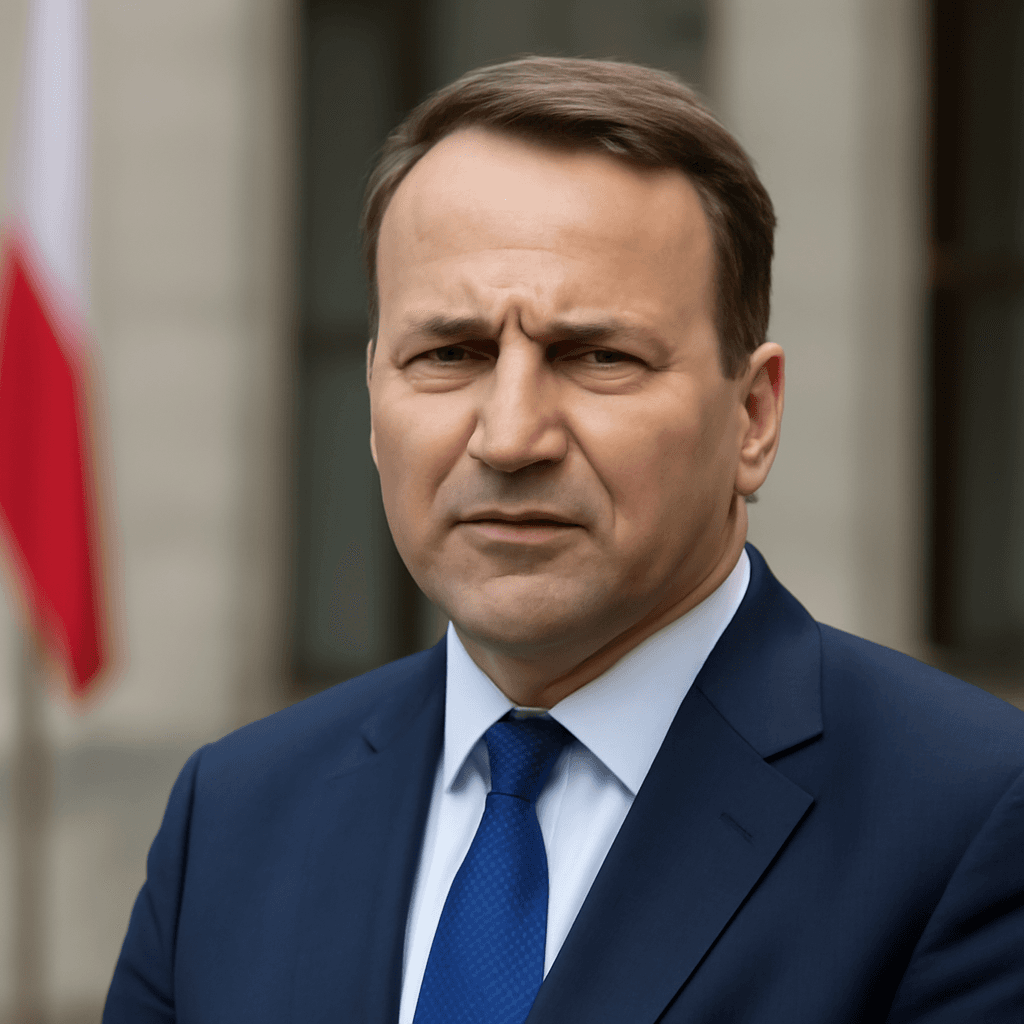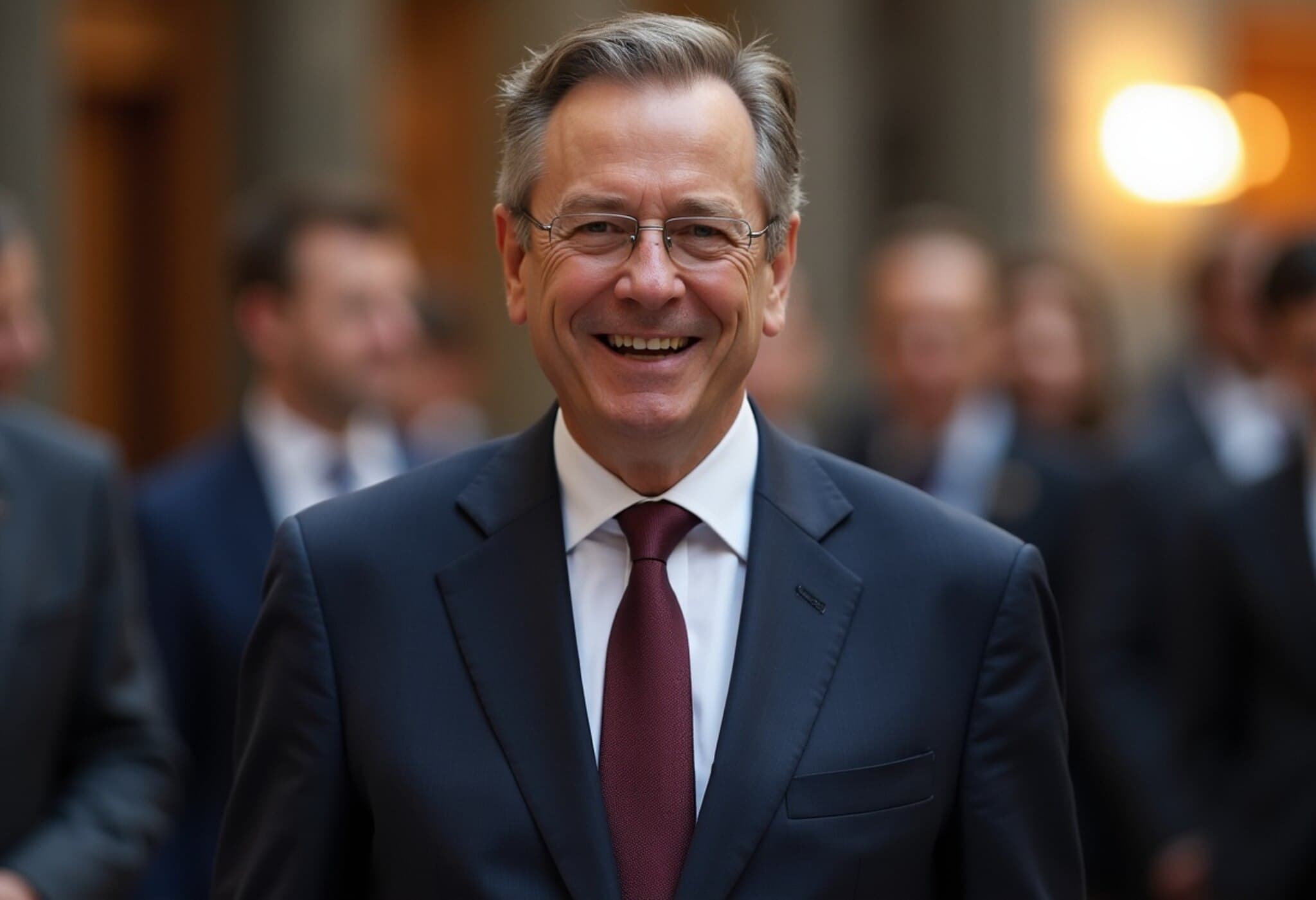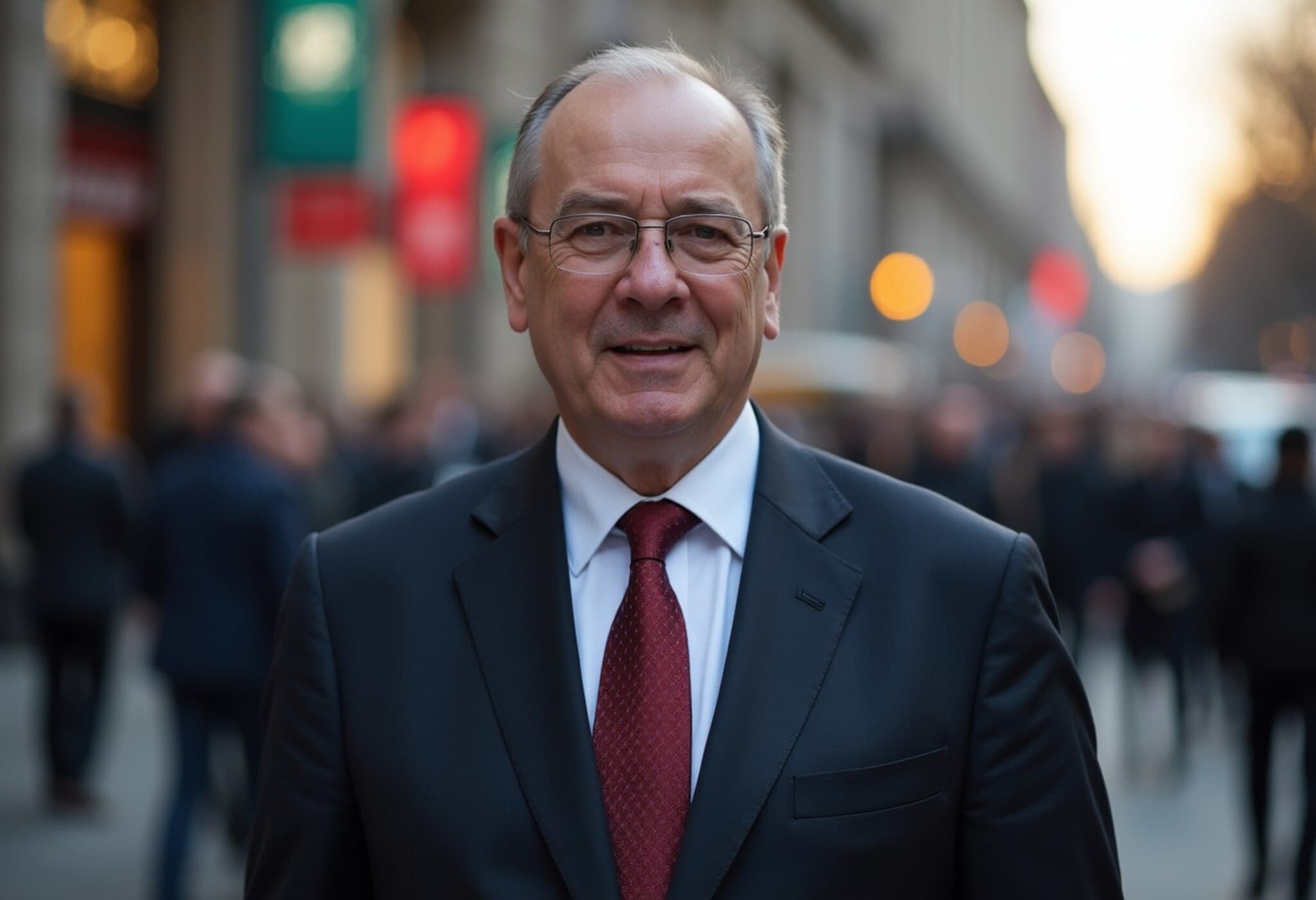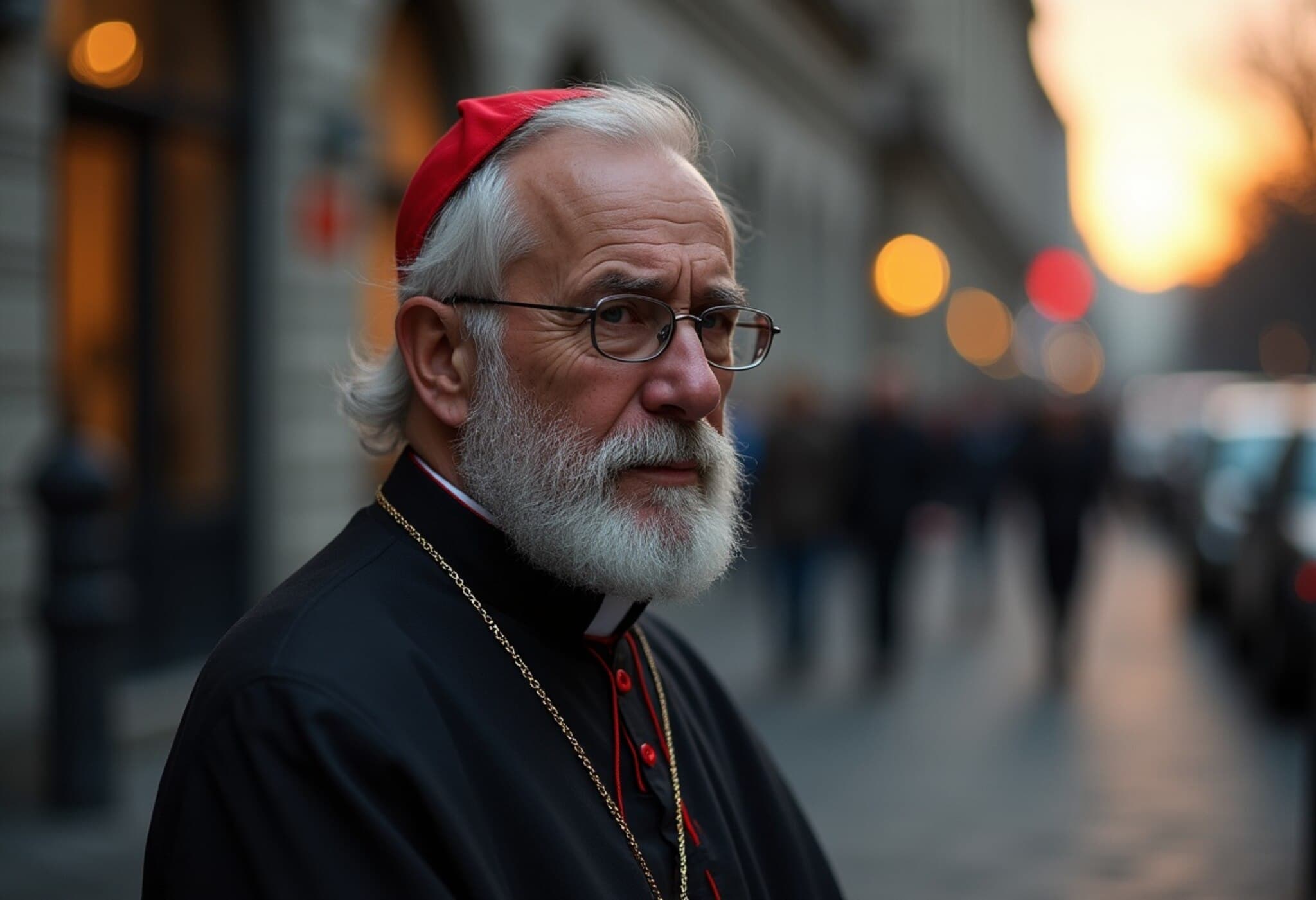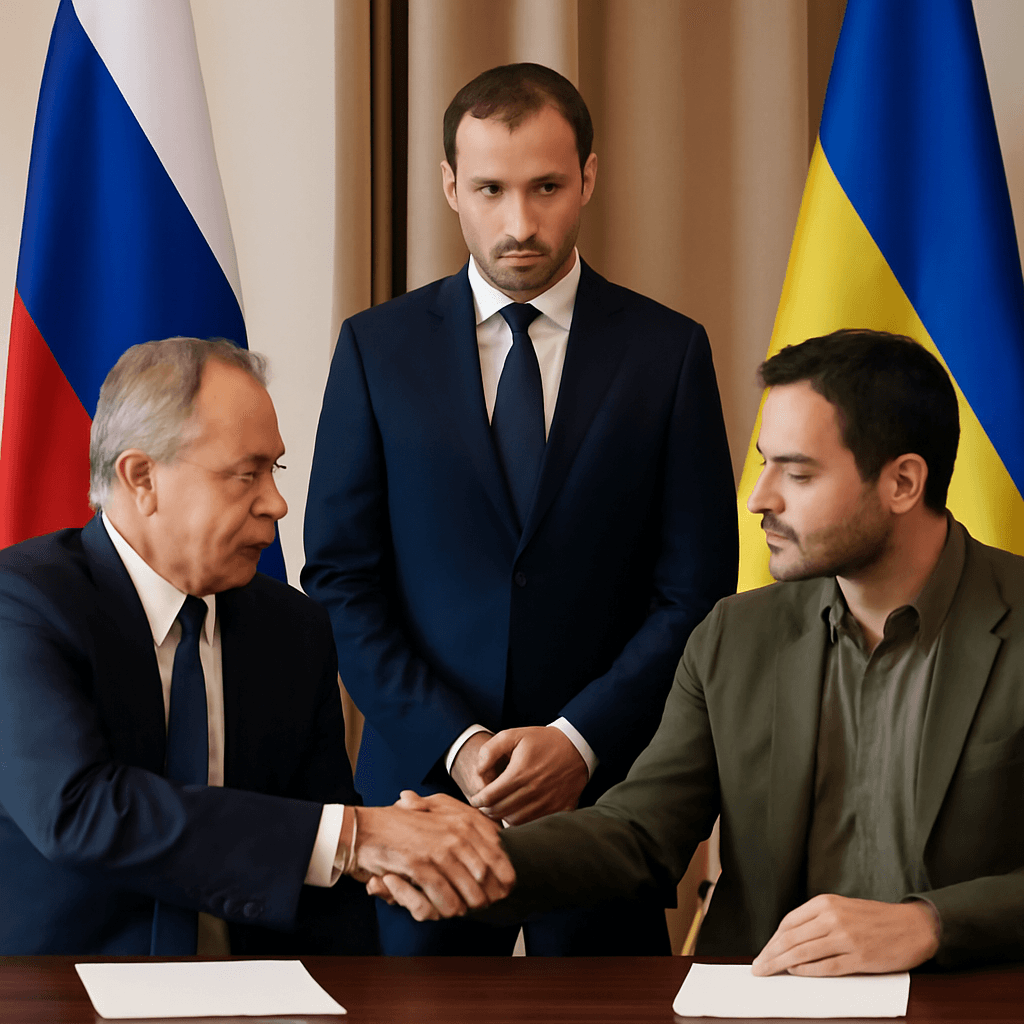Polish Prime Minister to Call Vote of Confidence Amid Presidential Election Outcome
Following a narrow defeat of his endorsed candidate in Poland’s recent presidential election, Prime Minister Donald Tusk announced plans to request a parliamentary vote of confidence in his coalition government. This development comes as the centrist government faces challenges in maintaining Poland’s pro-European stance.
Election Results Signal Shift
Nationalist opposition candidate Karol Nawrocki emerged victorious in the presidential race, narrowly defeating Rafal Trzaskowski, the candidate supported by the ruling coalition. This electoral outcome represents a setback for the current government’s efforts to strengthen Poland’s alignment with European Union policies.
Prime Minister’s Response and Parliamentary Strategy
In a televised address, Prime Minister Tusk emphasized the seriousness with which his government views the election results. He stated, "The first test will be a vote of confidence, which I will ask in the Parliament soon." He further underscored the government’s resolve by asserting that no steps back are planned, sending a message to both domestic and international observers that his administration remains steadfast amidst political pressures.
Implications for Poland’s Political Landscape
- Vote of confidence expected to be a critical indicator of parliamentary support for Tusk’s coalition.
- Presidential election results highlight growing nationalist sentiment within the electorate.
- Government’s pro-European policies face renewed scrutiny and potential challenges moving forward.
The upcoming parliamentary vote will serve as a significant moment for the ruling coalition to demonstrate its legitimacy and capacity to govern effectively in a shifting political environment.

